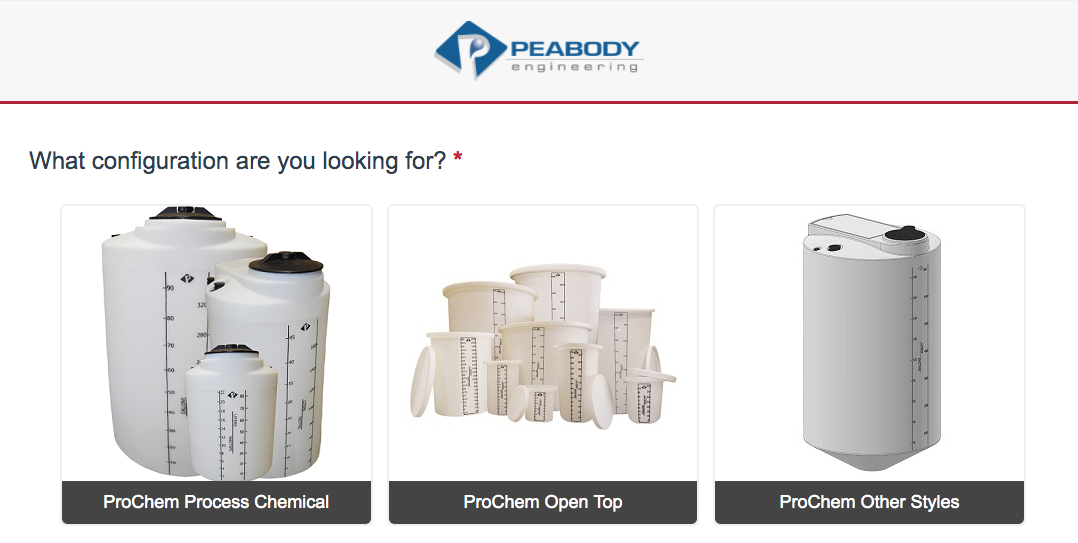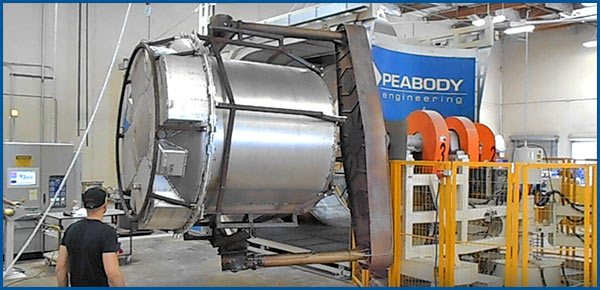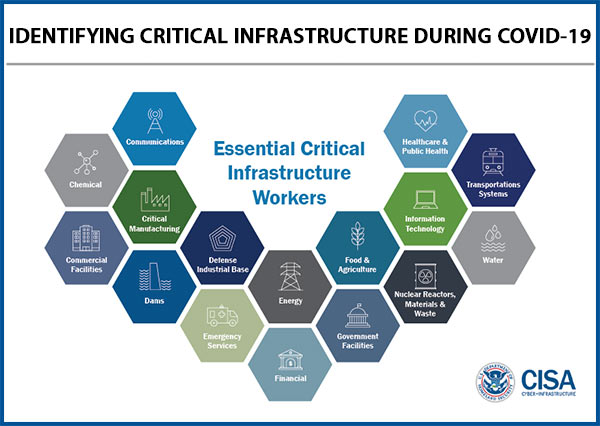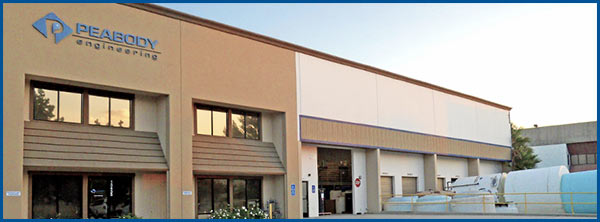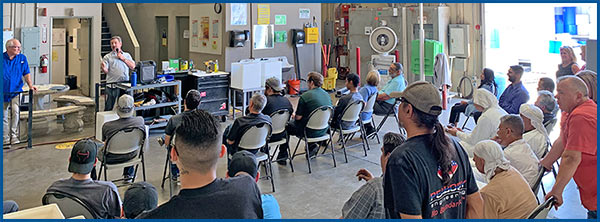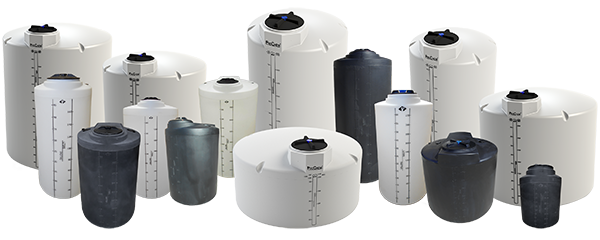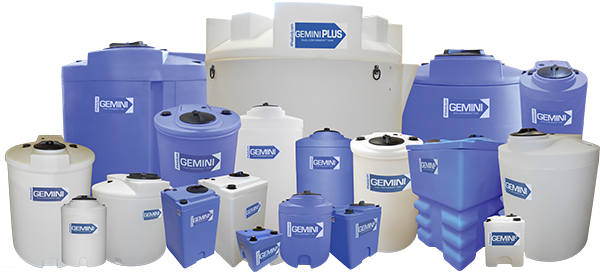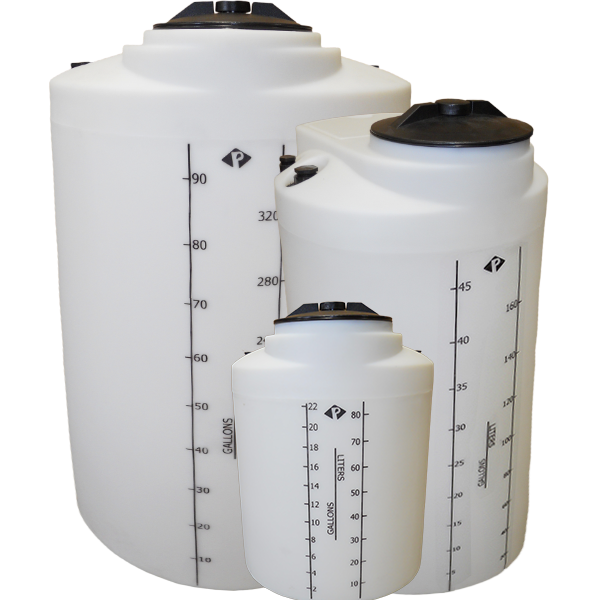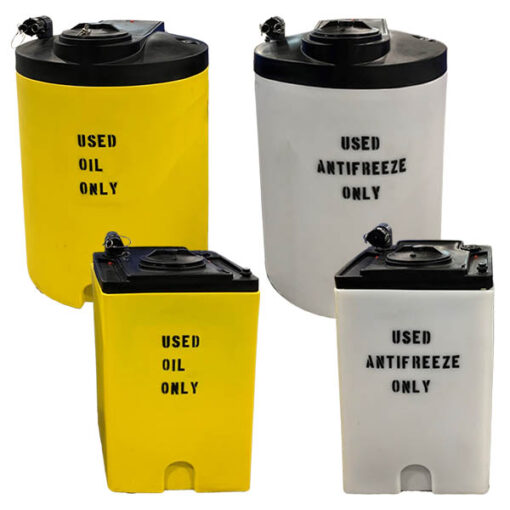
Whether you’re a mechanic, operate a quick-lube business, auto dealership, or run a public or private fleet maintenance department, you know how important it is to capture every drop of waste oil and anti-freeze that comes through your shop. If not, you could get slapped with some hefty fines for compromising the environment and groundwater.
For anyone working with oil and other automotive chemicals, Peabody has a new hassle-free solution for collecting and storing your waste chemicals. We’re excited to announce the release of our Waste Oil and Anti-Freeze Collection Tanks.
Our durable, double-walled tank-in-a-tank construction, made of 100% seamless recyclable polyethylene construction makes collecting, handling, and storing your automotive chemicals a no-brainer. Our tanks exceed EPA secondary containment requirements under 40-CFR so you can reduce your messes while minimizing potential violations—not to mention your impact on the environment.
Here’s what you get with every Peabody Waste Oil and Anti-Freeze Collection Tank:
- Maintenance-free, won’t rust, chip or dent.
- Vented with a locking top lid that adds security, including a sediment screen.
- Black primary tank color.
- Translucent for secondary containment.
- Yellow safety color for oil collection.
- Translucent natural color for Anti-Freeze.
- Optional Float-type level Gauge made of stainless steel for visual level monitoring.
- 2” Suction Pipe Top Discharge with hose quick connect fitting, Cap, and Lanyard.
- Secondary Containment top drain with dip tube and plug.
- Full Range of sizes available from 65 to 500 gallons.
- Choice of square or cylindrical configurations in some sizes.
You always have options with Peabody Engineering:
- Gemini Round Waste Oil Tanks: Yellow Outer / Black Inner
- Gemini Square Waste Oil Tanks: Yellow Outer / Black Inner
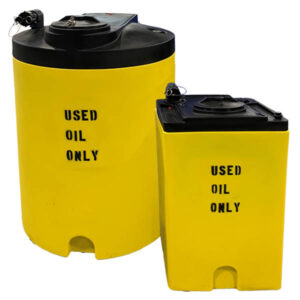
Please note: These tanks are not NSF/ANSI 61 compliant.
- Gemini Round Anti-Freeze Tanks: Natural Outer / Black Inner
- Gemini Square Anti-Freeze Tanks: Natural Outer / Black Inner
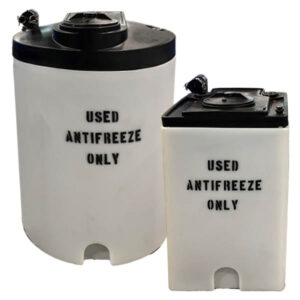
Please note: These tanks are not NSF/ANSI 61 compliant.
If you’re looking for a durable, safe, and economic solution for collecting your used oil and coolant products, Peabody Engineering’s Waste Oil and Anti-Freeze Collection Tanks have you covered.
Visit our website, download the spec sheet, or give us a call today at 800-4-Peabody today!

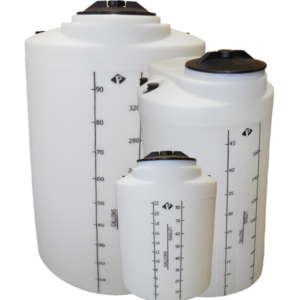 Typical Agriculture Applications
Typical Agriculture Applications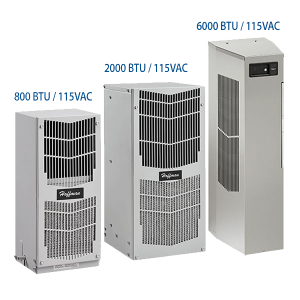 Air Conditioning
Air Conditioning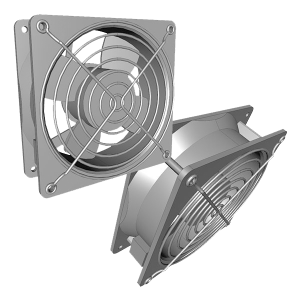 Circulation Fans
Circulation Fans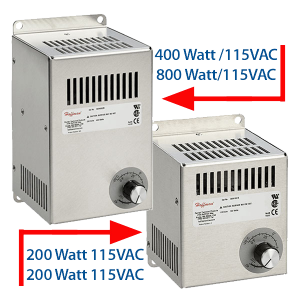
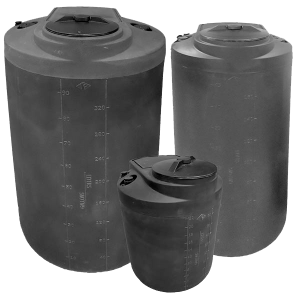
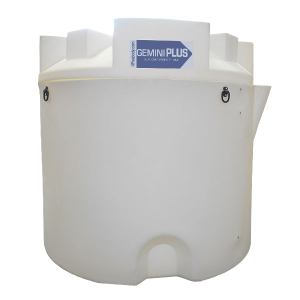
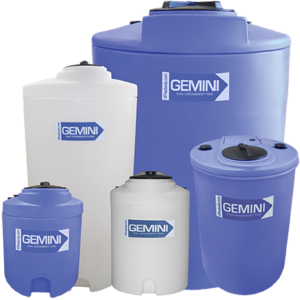
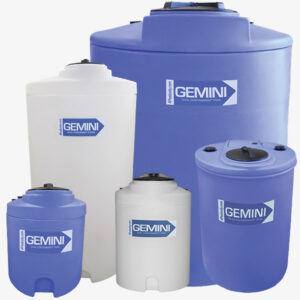 Cylindrical
Cylindrical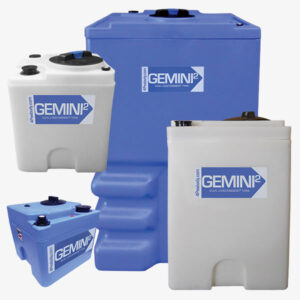 Square or Rectangular
Square or Rectangular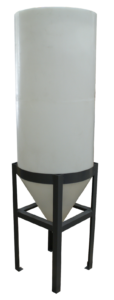 Cone bottom
Cone bottom